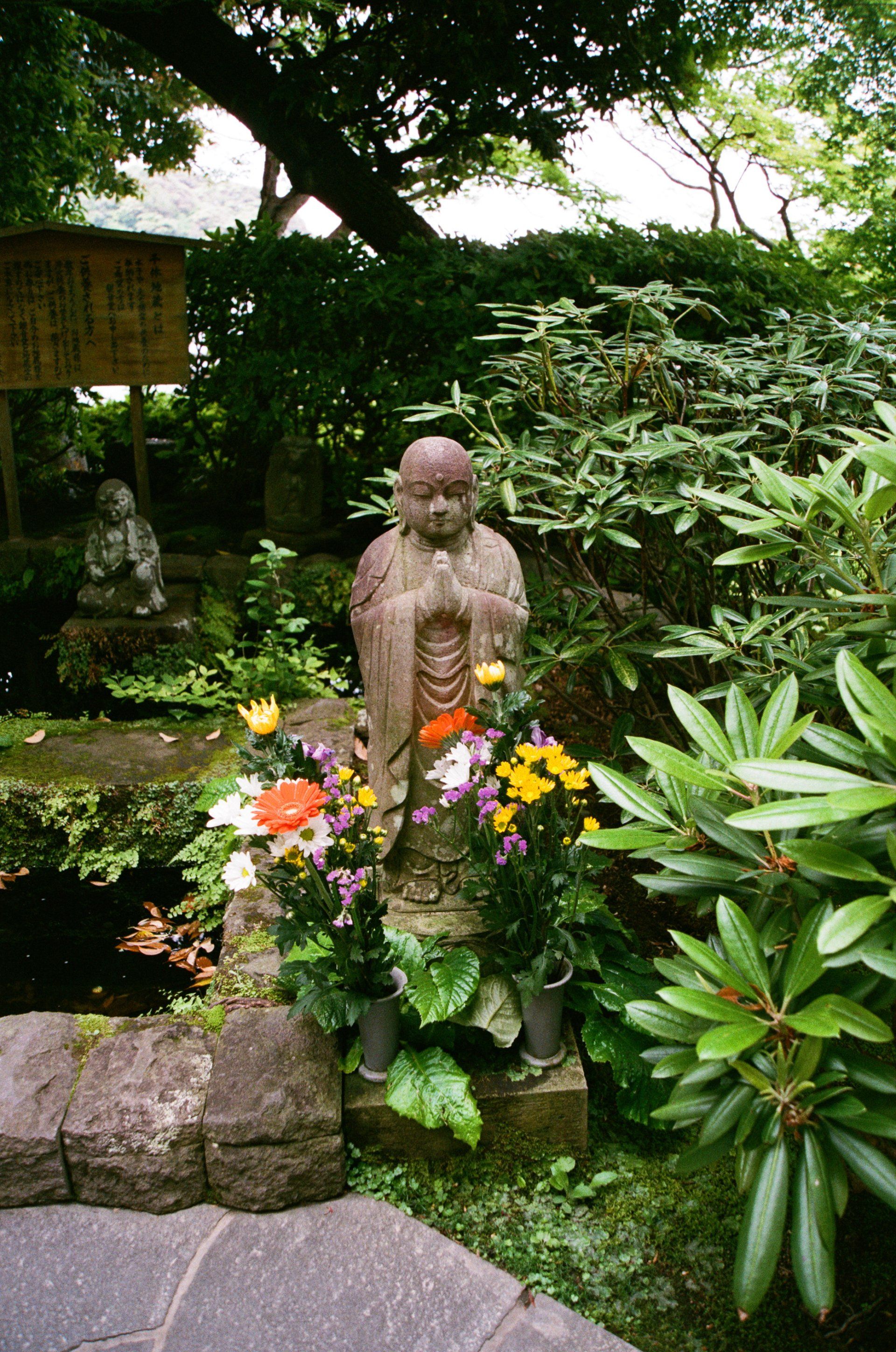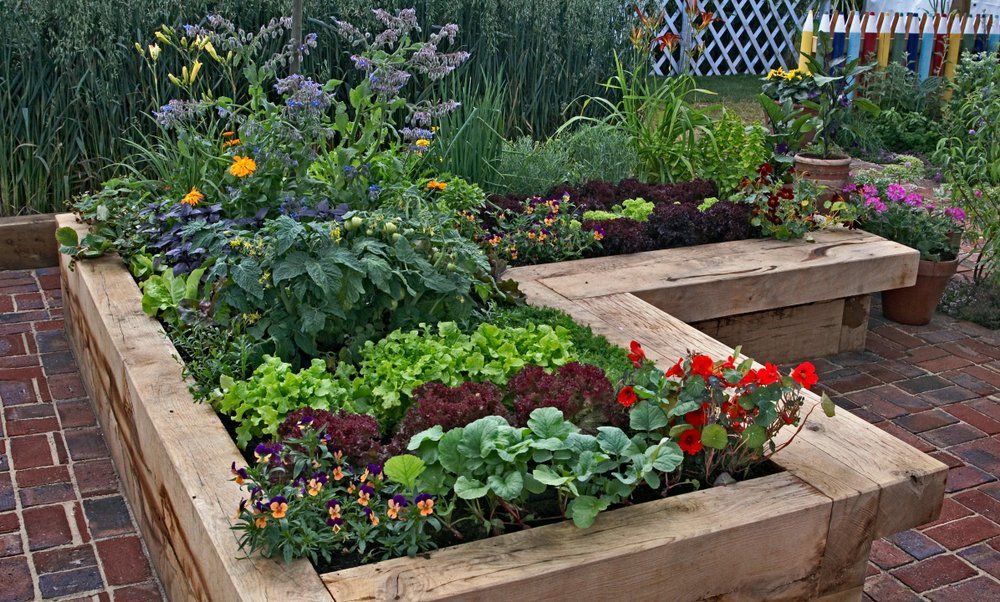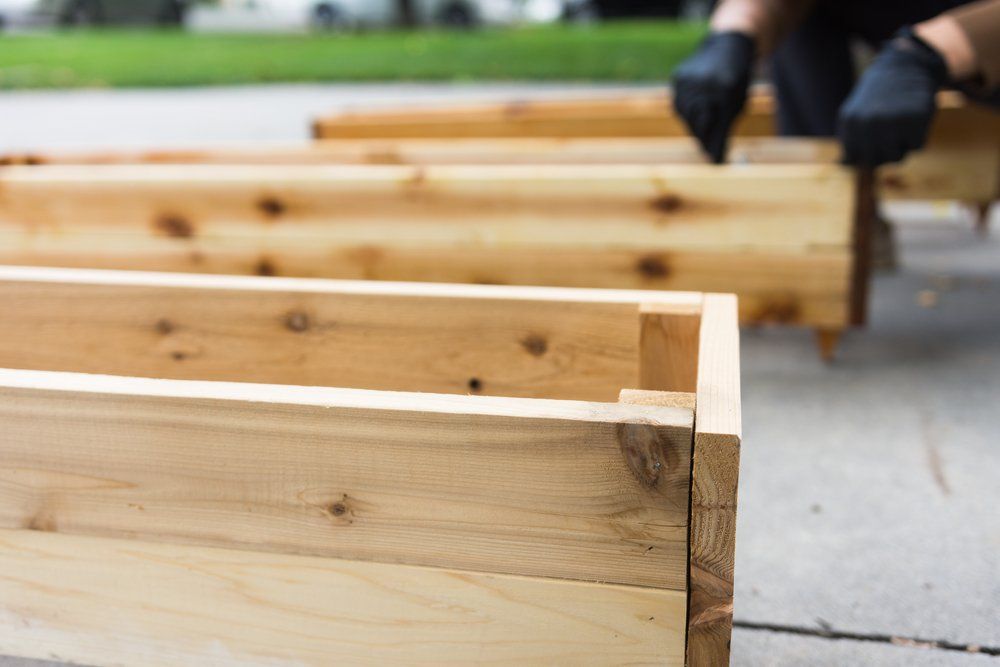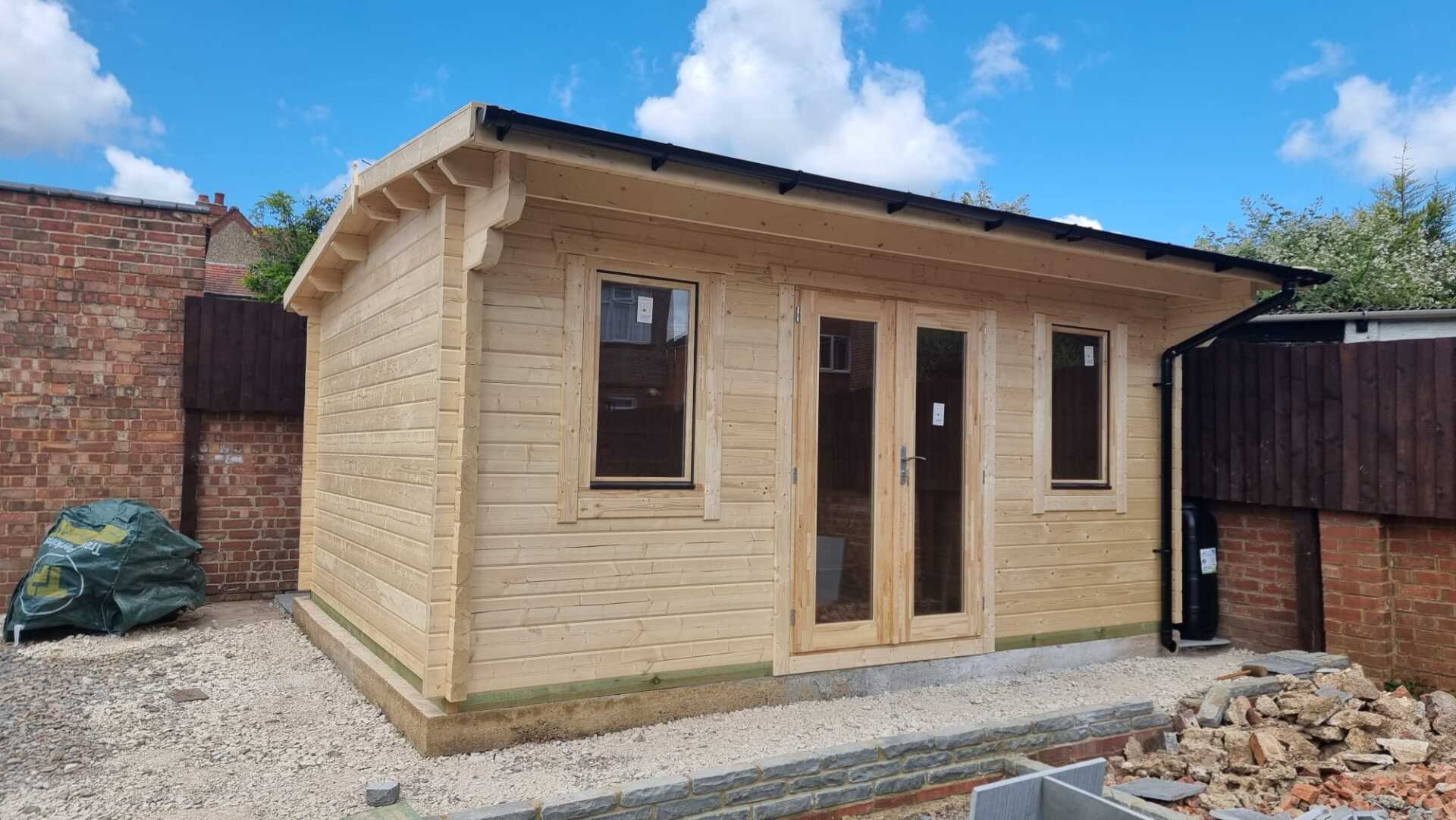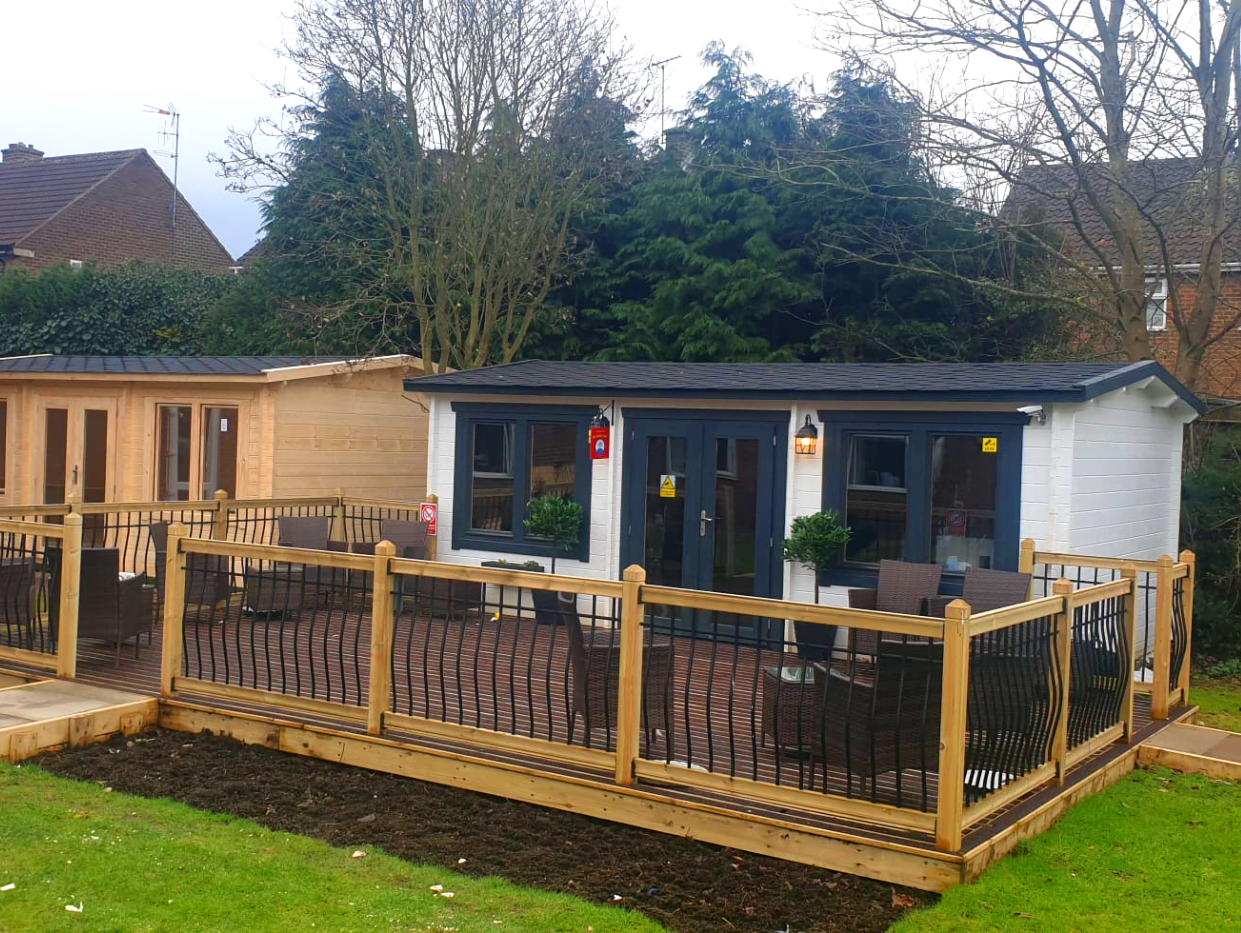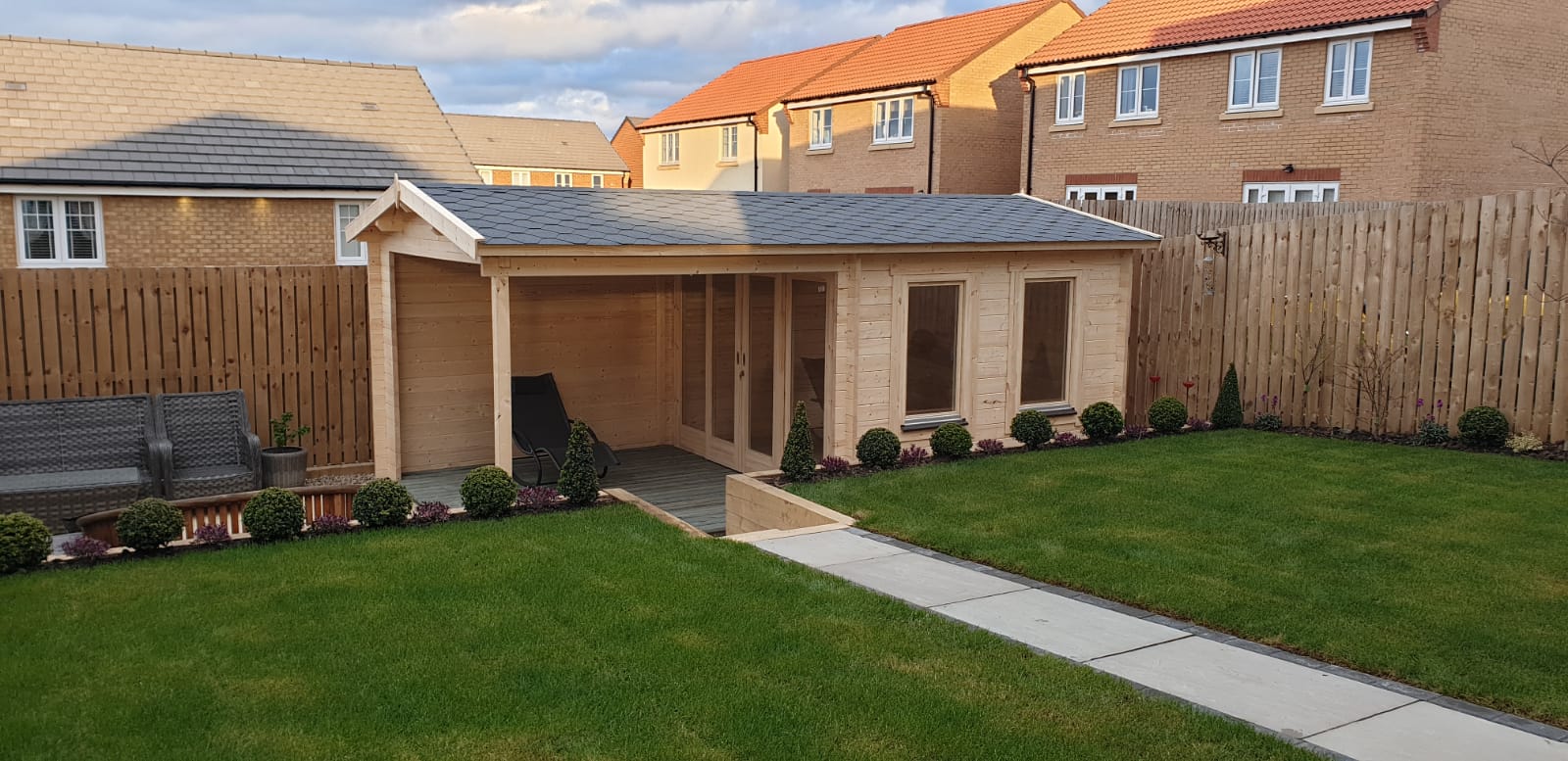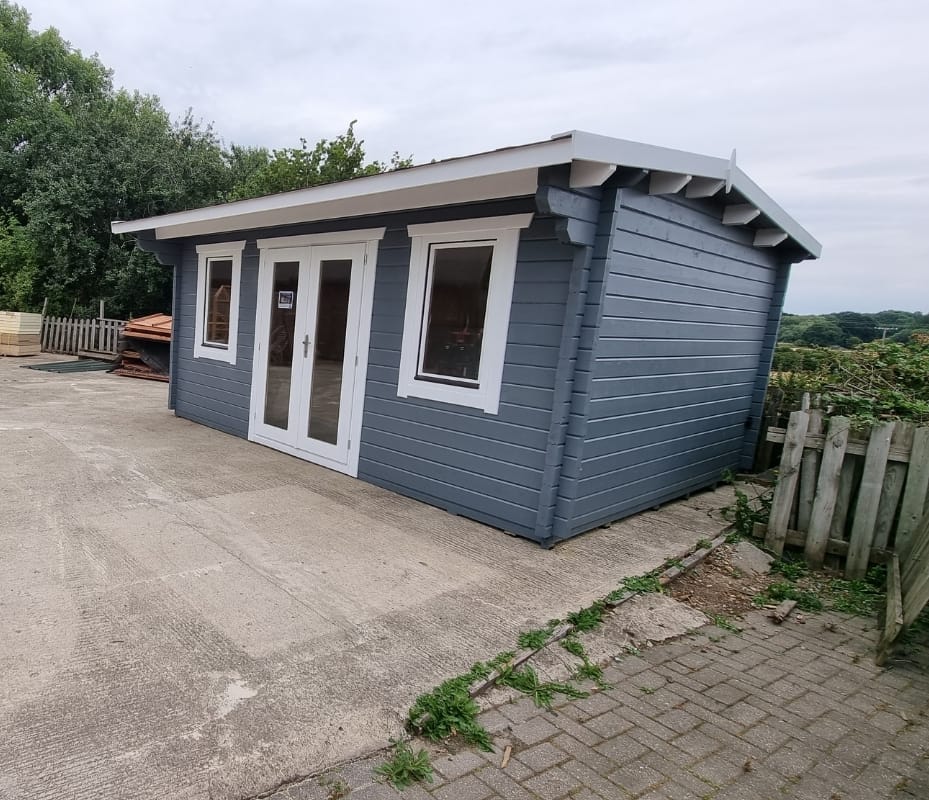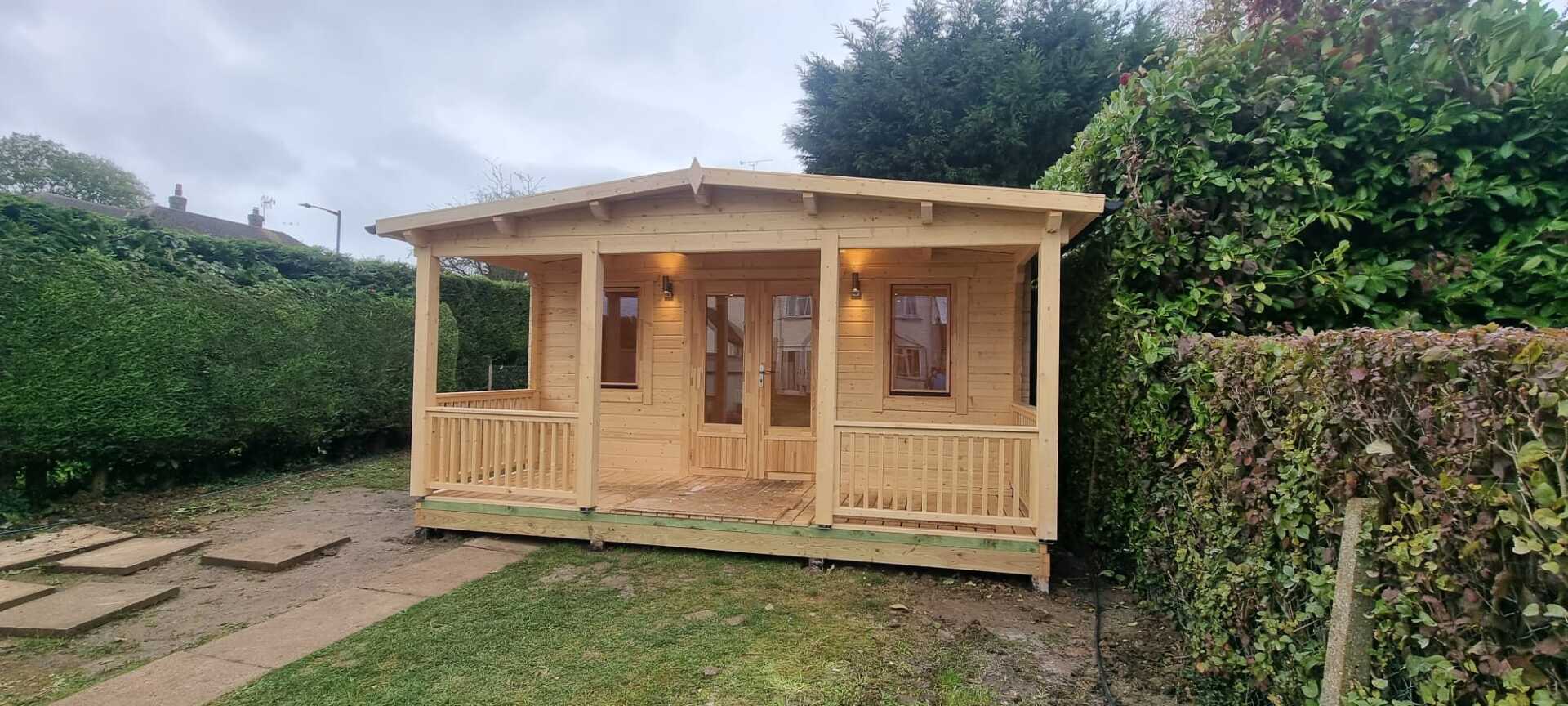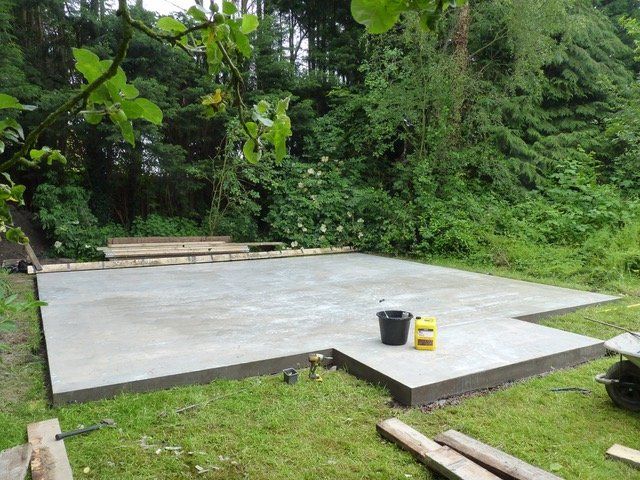How To Build a Raised Garden Bed Cheap
How To Build a Cheap Raised Garden Bed
Raised garden beds can be a great way to maximise your garden's potential. Raised beds offer excellent drainage and protection against weeds and pests. They also have well-aerated soil that encourages growth. Raised garden beds are available in many sizes and styles. However, they can be expensive.
Benefits Of Raised Garden Beds
If you are looking to plant particularly long carrots or you're planting potatoes, raised garden beds are the best way for it. The benefits of raised bed gardening include:
- Fewer weeds
- More retention of water in areas that are characterised by super-sandy soil
- Better drainage is possible in areas with clay soils
- Space is growing
- There is no soil compaction from human feet
- The soil is warmer early in the summer
- The warmer soil is ideal for a longer season
Choosing the Best Wood for the Raised Bed
Redwood and Cedar
Redwood and Cedar are two of the best types of woods to construct raised garden beds from. They're both extremely sturdy, beautiful as well as naturally immune to rot, moisture, and termites. The price of each will differ greatly depending on the location you live in.
Garden beds raised with cedar or redwood should last for more than a decade! Thanks for water storage used to be made of redwood at least! Redwood and cedar are both technically "softwood" lumber, yet the abundance in natural tannins (what can ward off termites and rot) found in both make them much more resistant to decay in comparison to other woods. With a higher percentage of tannins, it is believed that redwood will last for a bit longer than cedar, especially when you choose to use heart redwood.
Other Choices
In general hardwood lumber is generally stronger and more durable, which is why it has the highest quality of strength and durability in comparison to softwood lumber. Examples of durable hardwood lumber are teak, beech, maple, hemlock and walnut, black locust as well as oak. These wine barrels are constructed of oak to enhance the taste of wine, but in addition, they provide exceptional moisture resistance and durability. We utilise wine barrels as raised beds for our garden. in our gardens! ensure that you make at least half a dozen drainage holes at the bottom with a 1/4" to 3/4" drill bit.
While hardwoods are strong, these trees develop slower and are thus less popular for construction as softwoods. Popular softwood lumber is Douglas pine, fir, spruce, and juniper. These options tend to be more affordable than cedar or redwood but they're not as long-lasting. Raised garden beds made of these softwoods can last for between 4 and seven years on average (compared to between 10 and 20 years for redwood or cedar) according to your conditions.
Another factor to take into consideration is the size of your lumber. The thickness of your boards will directly affect the lifespan of your garden bed too. A raised garden bed made from two" thick boards will outlast a bed made of 1" boards or 1/2 " thick fence boards - by far! We use heart redwood 2x6" boards to construct these beds.
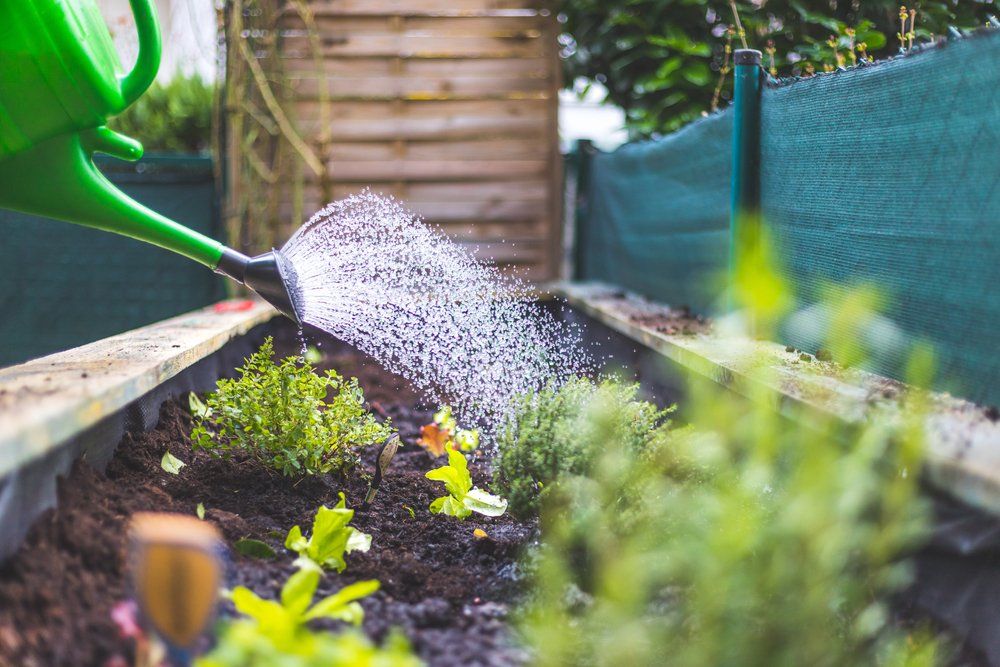
The largeness of Your Raised Bed
- We suggest a maximum of four feet across. (Lumber is usually cut into 4-foot increments.)
- Don't go over 4 feet in width to ensure that you have access to the garden without having to step in the garden (which reduces soil's density and makes it difficult for roots of plants to obtain the oxygen they require). If you make the bed too large, it makes it difficult to get to the middle, making picking and weeding difficult too.
- If the raised bed you're planning to build is constructed against a fence or wall we suggest making it between 2 and 3 feet in width as you'll only have access to the garden from one side.
- Length doesn't matter as much. Therefore, your raised bed could be as long as 4 x 4 feet, or 4 8 feet, or 4 12 feet. You can make your bed as long as you'd like, or even build several raised beds for different plants!
Depth of A Raised Bed
The most common bed height can be measured at 150mm. This is roughly the length of a typical 50mm x 150mm board. (Note that boards purchased from a lumber yard are in fact 1.5 inches thick and 5.5" tall.)
The most common height of the raised bed is approximately 1 foot (305mm). (If purchasing boards at an outdoor lumber yard, it's 300mm tall. This is the size of two boards that are stacked 2x 6" boards.)
It's possible to build higher (18 inches or 24 inches or 36 inches) however, be aware that weight from the new soil will put pressure on the sides. It is necessary to add cross-supports for any bed that is more than 12 inches tall.
The soil's depth itself is crucial and will determine the kind of crops you want to cultivate and also the amount of soil that is above or below it.
- Shallow-rooted vegetables (such as lettuce and greens as well as onions) require a minimum soil depth of six inches.
- Deep-rooted plants like carrots, parsnips, and tomatoes, and squash require a minimal soil thickness of 12-18 inches. If the plants don't have soil that is loose to this level, the roots won't be able to penetrate sufficiently to reach nutrients.
Whichever height you decide to use to build your bed, you'll have removed the dirt beneath the ground to accommodate. For instance, if you have a bed that is 6 inches tall We recommend loosening the soil beneath the ground by 6 to 9 inches if you plan to plant root vegetables. If you're only cultivating crops that are shallowly rooted then there's no need to.
There is no reason not to create beds with different levels in your backyard! If you're growing crops with shallow roots it's an unnecessary use of soil to construct a bed that's 11 inches tall.
Share This Post.
